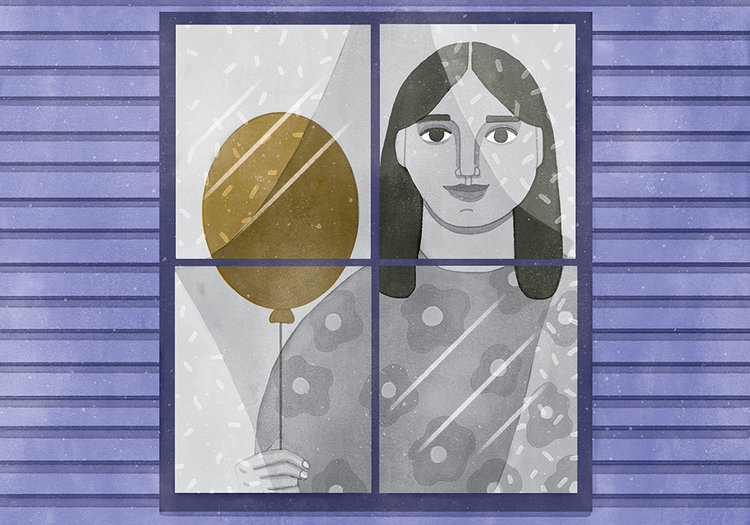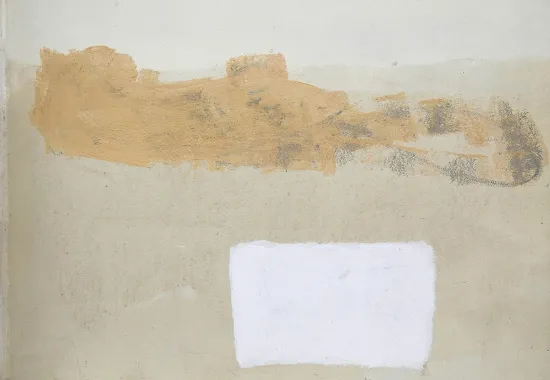"On Re-Breaking Lines"

I had the good fortune to be a finalist in Five Oaks Press’s poetry chapbook competition last spring, and because of that, had my collection published this March. In the past, when my work has been accepted for publication, I’ve felt a combination of excitement and relief: someone liked it! And also: now I can stop revising.
With the chapbook, though, my experience was different. The pages were smaller than the standard Word doc I compose in and the poems had erratic, often indented, line breaks. On a smaller page, they were all wrong. They looked like they’d been mishandled by the post office. For a moment, I didn’t know what to do: those were the breaks I had decided on. How could I change them without changing the poems?
But of course I had to.
What scared me was that the poems in this chapbook weren’t like the ones I used to write. I used to start with a ten-syllable line and adjust from there, longer or shorter as the piece demanded. I considered early drafts to be in a fontanel phase, waiting for the words to settle before finalizing breaks in lines. I used to write poems that were roughly like people, with heads and shoulder blades and ribs and toes. I knew my way around these poems, knew when they were finished and their bones should be untouched.
The poems in my chapbook were different. They were trees and birdcages and pitchforks. They emerged when I was living with a husband struggling through depression, isolated from my family and friends, and trying to hold myself and my marriage together. They were untidy and their lines broke all over the page.
And then they were accepted. And then the page changed.
To make them work in their new container, I’d have to re-break the lines and let them heal. I thought of nose jobs and car accidents. I felt like a surgeon.
I felt like a fraud.
As I re-broke line after line, I found more efficient and compelling breaks, superfluous words, inelegancies. That they settled so easily into their new format alarmed me–apparently, I knew these poems no better than I knew my actual bones, the joints that connected them, the blood they produced.
At one point during my marriage, I handed my husband a collection of Bob Hicok poems. Reading it one night, he looked up and said, “Line breaks. I get it now.” That’s stuck with me. A well-executed line break should be its own justification of itself, its own explanation of why a line breaks where it does. I was embarrassed to re-break my poems because I thought it meant I’d been wrong all along, that I had no idea what I was doing.
I was embarrassed to separate from my husband for the same reasons.
But what a dangerous attitude to bring to poetry! What is writing poetry if not discovery, if not inching toward the light switch in a pitch-dark night, because you’ve heard something and would rather know what it is, even though the prospect of knowing terrifies you, even if the inching across the room exposes you to every frightening thing you can imagine, even if you reach the light only to realize you were being foolish, you were wrong, it was nothing? What is poetry if not resetting the bones of the world to see if we can understand it better after they’ve been broken?
Recommended
Mercy
Eclipsing
Psychic Numbing





